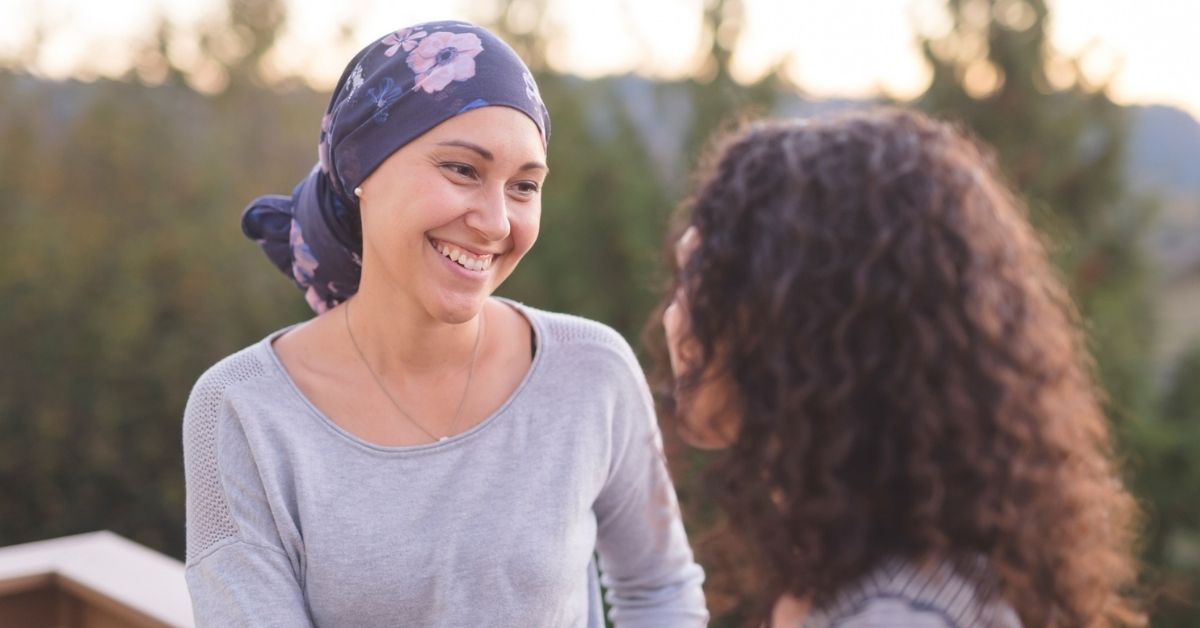
Facing Breast Cancer Under 40
-
Breast cancer is most common in older women. But it's also one of the most common cancers in women under 40. And younger women with breast cancer face unique challenges.
Younger adults with cancer often feel like their life plan is being irrevocably altered. They often worry about their future families and careers. At the same time, they might be faced with overwhelming logistical challenges, like figuring out how to cover treatment costs or find the time and energy they need as a parent.
These problems don't always have easy fixes. But there may be ways to manage them. Here's a look at some of the ways that breast cancer can impact younger women, plus what you can do to get the support that you need.
Advanced cancers
The types of breast cancer that are more common among younger women tend to be more aggressive and difficult to treat. And because most women start mammogram screenings at age 40 or older, younger women are more likely to be diagnosed when their cancer has already reached an advanced stage.
If your family or health history raises your risk for breast cancer, ask your doctor if you should start screening earlier. And always see a doctor about any changes to your breasts.
Fertility concerns
Many younger women worry that treatments like chemotherapy or hormone therapy will affect their ability to have children.
Modern therapies can help. But it's important to share your fertility concerns with your cancer team before starting treatment. Together you can discuss how treatment could impact your fertility and determine the best approach for you.
Altered body image
Breast cancer treatments can affect appearance. Therapies may cause hair loss or weight gain, and surgery may remove all or part of your breast or breasts. These changes can affect your self-image and confidence.
Make self-care a priority. That might include using makeup, wigs or prosthetics to increase confidence. At Fox Chase Cancer Center, we offer a specialty boutique to help patients feel and look their best. Counseling and support groups can help too.
Sexual changes
Cancer treatment can affect sexuality. Treatment-related hormone shifts can make it harder to get aroused. Sensation around the breasts and nipples can also change after a mastectomy, lumpectomy, or breast radiation. And body changes can affect confidence—which can dampen libido.
Open communication can help. Your care team can help you cope with physical changes. And working through issues with your partner can be an opportunity to grow as a couple.
Parenting pressure
The stress of juggling breast cancer with parenthood can be overwhelming. You might not know how to talk to your kids about what's going on, feel guilty when your energy is dragging, or worry about how they'll manage if the unthinkable happens. Logistical factors can come into play, too, like figuring out child care when you have treatments or doctor appointments.
You don’t have to go it alone. Ask friends and family for help with child care and errands. And let your care team know if you or your children are struggling. At Fox Chase, our social work team is experienced in helping families of all kinds cope with cancer.
Seek support
If you're coping with cancer as a younger adult, share your concerns with your care team. They can help you manage your condition and get the support you need. You're not alone. At Fox Chase, we're committed to supporting our patients at every step of their cancer journey—and beyond.
To learn how the Fox Chase Breast Cancer program can help you, call 888.369.2427 or request an appointment online.
